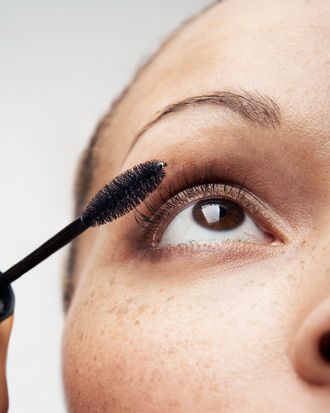
Earlier this month, 140 countries signed the United Nations’ Minamata Convention, which includes a ban on mercury in cosmetics and soaps. Yet Scientific American reports that the ban makes an exception for mascara and other eye makeup — which, it turns out, often includes mercury as a preservative. According to the treaty, mascara is exempt from neurotoxicant embargo because “no effective, safe substitute alternatives are available.” Though this logic is not particularly encouraging, the U.N. claims that the intent of the ban is not to eliminate cosmetics with trace contaminants, but rather products like skin-lightening cream and others that contain larger concentrations of mercury and have been shown to cause kidney damage in women.
The U.S. F.D.A. currently allows mercury in eye cosmetics at a concentration up to 65 parts per million. Joanna Tempowski, a scientist for the World Health Organization’s International Program on Chemical Safety told Scientific American that mercury is added to prevent the growth of bacteria and fungi that could infect and damage the eye, noting that “the risk-benefit analysis favors the use of these preservatives.”
And mascara brands without mercury sometimes use other more harmful preservatives, such as formaldehyde (carcinogenic) or parabens (possibly linked to hormone disruption). So — pick your poison, we guess?


